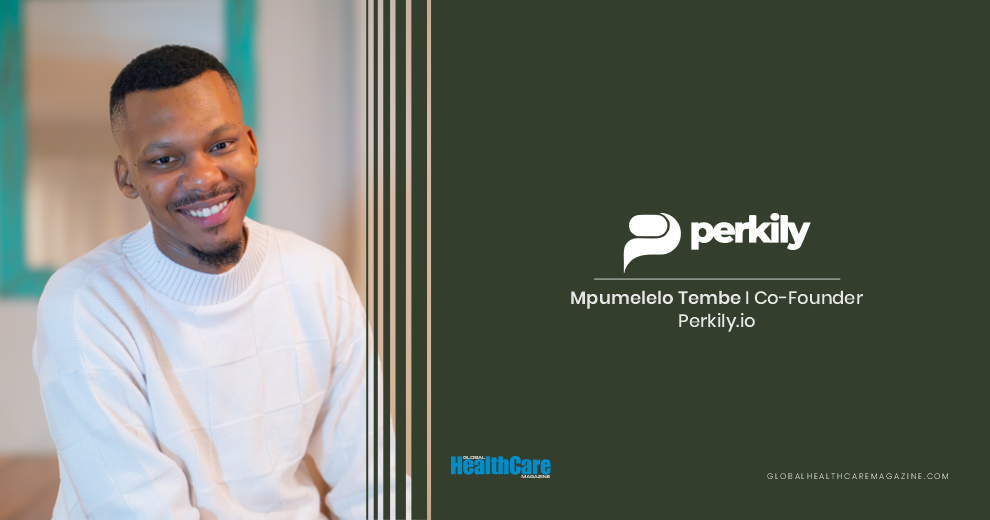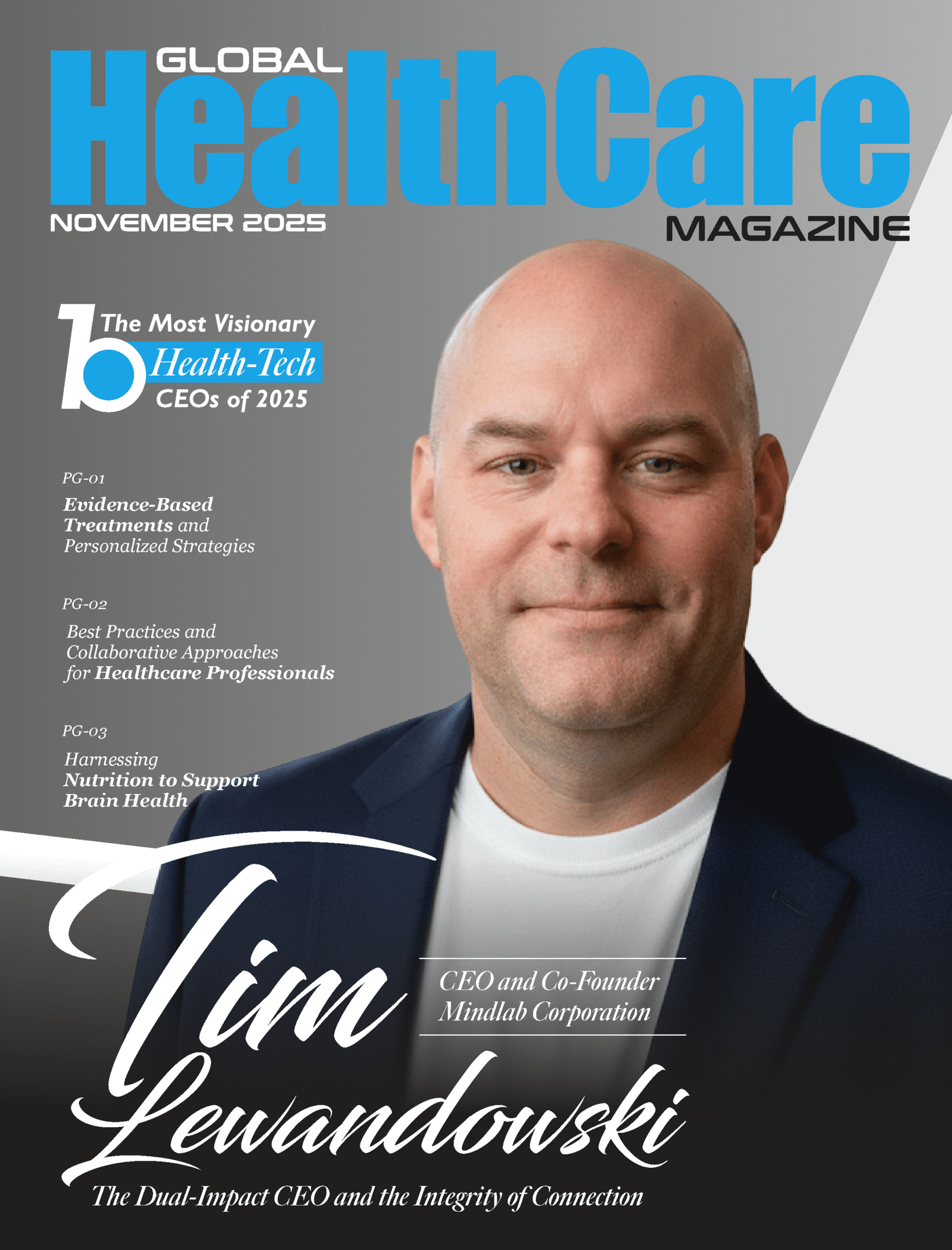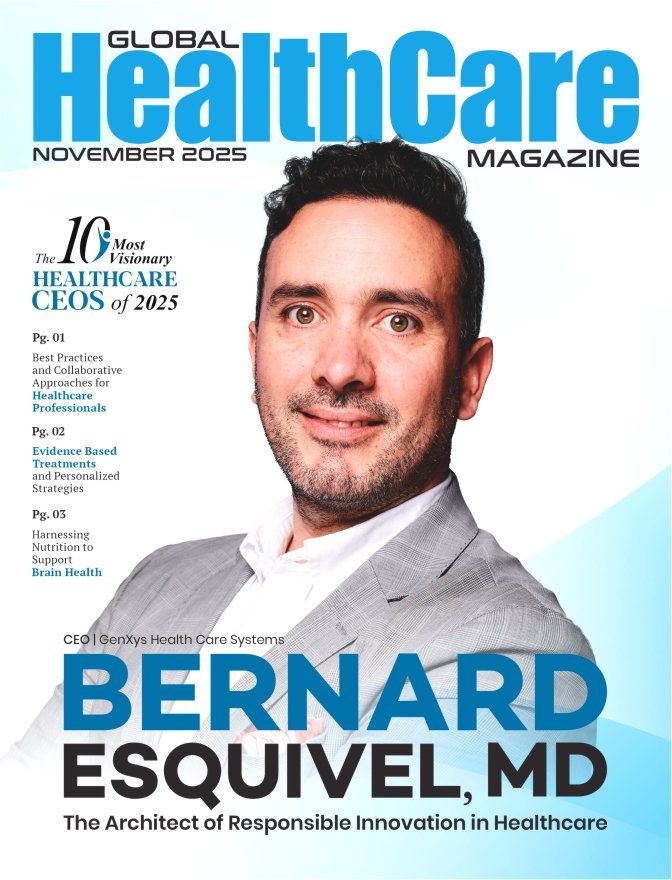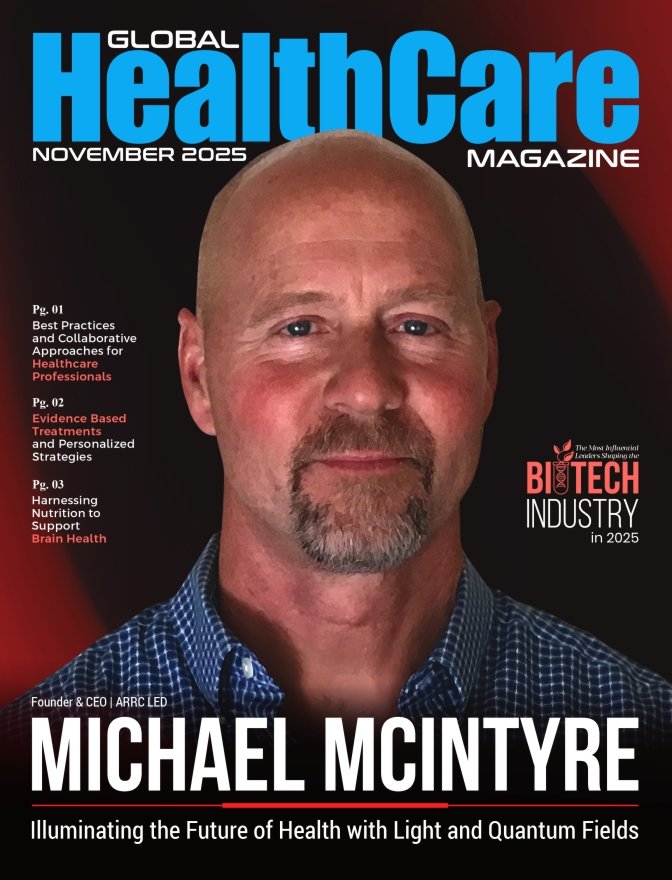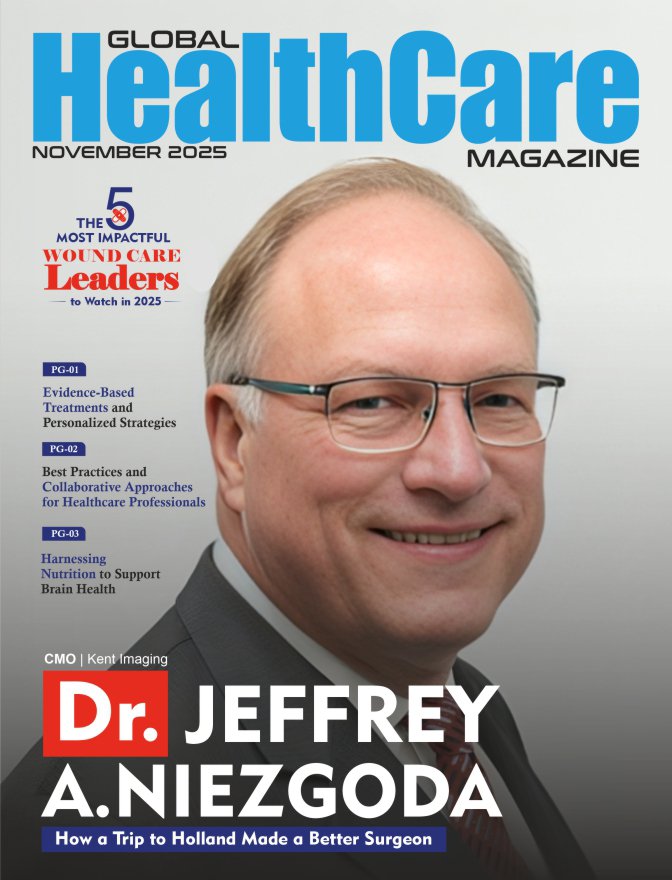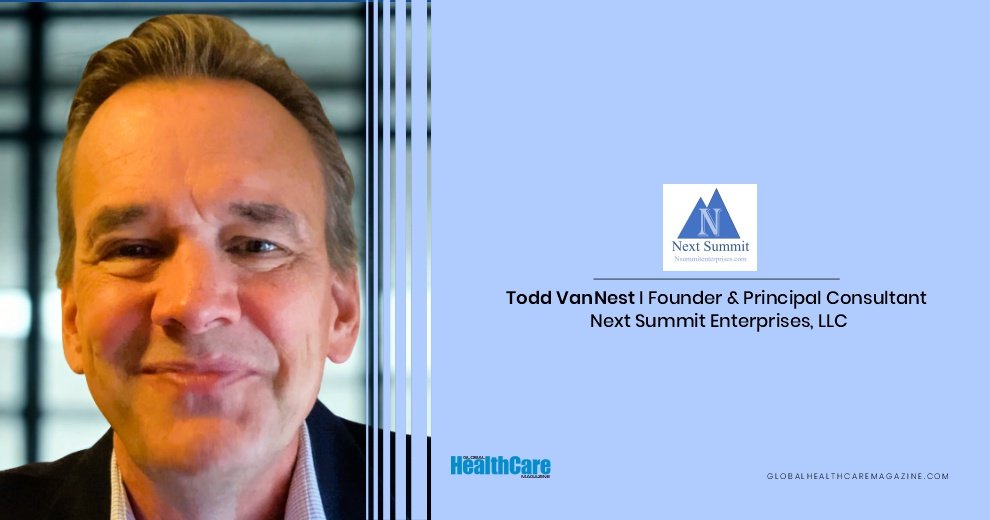In the often-impersonal world of healthcare, Mpumelelo Tembe is betting on a simple, revolutionary idea: what if we rewarded people for being healthy? His company, Perkily, is a sophisticated, deeply human attempt to rewire our relationship with wellness, one point, one reminder, and one real connection at a time.
There is a language that underpins the modern world, a grammar of engagement written by e-commerce giants and SaaS pioneers. It’s the language of loyalty points, of personalized journeys, of automated nudges that anticipate our needs before we do. Mpumelelo Tembe is fluent in this language. For over seven years, he mastered its dialects in customer success, building systems that made users feel seen and valued. But then he decided to translate it into a language it had seldom spoken fluently: healthcare.
The result is Perkily, a Johannesburg-based digital health company he co-founded with Darius Naidoo in 2024. To call it a platform feels too sterile. It’s more like an ecosystem, a carefully constructed environment where the transactional nature of a clinic visit begins to feel like a relationship. Tembe, with a background that fuses the logic of supply chains with the empathy of customer success, saw a gap in the system. He saw patients falling through cracks, providers struggling to connect, and a universal human need, the pursuit of health, lacking the very engagement strategies that sell us everything from coffee to cloud storage.
Meeting Tembe is to understand that this is not just a market opportunity for him; it is a mission. He speaks of “systems thinking” and “lifecycle mapping” with the same passion he uses to describe making healthcare “more human.” In his vision, technology is not a wall that further separates doctors and patients, but a bridge. Perkily is that bridge, built with the precision of a logistician and the heart of a strategist who believes that the best systems are designed not just for users, but for people.
From Systems Thinking to Human-Centered Health
Mpumelelo Tembe’s journey started with a fascination for how things connect. His B.Admin in Supply Chain & Public Administration from the University of KwaZulu-Natal, followed by an Honors B.Com in Logistics, gave him a profound understanding of systems—how they flow, where they break, and how to make them more efficient. This foundation, seemingly distant from healthcare, would become his secret weapon.
His professional life was spent in the trenches of customer engagement. For over seven years, he led client success teams across SaaS, technology, and service-driven industries, with a footprint in the UK, US, and African markets. He built customer success functions from the ground up, designed onboarding journeys that felt intuitive, and turned mountains of user feedback into actionable improvements. “I really found my space,” he says, “helping startups and growth-stage teams design onboarding journeys, improve retention, and turn feedback into action.”
The transition to digital health was not an accident; it was a choice, a deliberate pivot. “I’ve always believed in using technology to solve real problems,” Tembe explains, “and healthcare, especially in Africa, is filled with opportunities to do just that.” The idea for Perkily was the confluence of his two worlds. He saw a chance to apply the sophisticated mechanics of customer loyalty and automation to one of the most fundamental human needs. “It wasn’t just about launching another product,” he insists. “It was about creating a real-world impact.” This drive defines his leadership: using the proven principles of customer success to engineer better, more compassionate systems of care.
The Perkily Prescription: Solving for Access, Engagement, and Experience
The origin of Perkily lies in a diagnosis of the healthcare system itself. Tembe and his team, including key contributors Darius Naidoo and Anele Xaba, identified a trio of interconnected problems that plague the patient experience.
The first was Access: too many people face real barriers, whether cost, distance, or a simple lack of information, when trying to get care. The second was Engagement: clinics and pharmacies struggled to keep their patients coming back, to encourage proactive, preventative health in a model built around reactive treatment. The third was Experience: the vital relationship between a doctor and a patient had often become transactional, rushed, and impersonal.
“Perkily was born out of a desire to make healthcare more accessible, more engaging, and more human,” Tembe states. It was designed as the bridge to span that gap. The platform is an elegant solution that tackles all three issues simultaneously. It makes accessing care more rewarding, it recognizes and incentivizes healthy behavior, and it uses technology to strengthen, not supplant, the human connection between a provider and their patient.
The core of Perkily is a loyalty-driven, AI-powered engagement platform. It’s a B2B service offered to clinics, pharmacies, and wellness brands, but its focus is squarely on the end-user: the patient. The system is built on three pillars. The first is Patient Loyalty & Rewards. Patients earn points for doing the very things that keep them healthy—attending appointments, refilling medications, or completing health screenings. These points are not abstract; they can be redeemed for curated wellness products and services, turning healthy actions into tangible rewards.
The second pillar is an AI-powered assistant named FlemingAI. This 24/7 tool provides patients with everything from symptom checks to medication queries and preventative health tips, empowering them with information while reducing the administrative load on frontline staff.
The third pillar is Operational Intelligence & Automation. Perkily automates appointment reminders, sends follow-up messages, and provides real-time dashboards that help reduce no-shows and streamline workflows. A Clinical Notes Module further supports providers with smart documentation, voice-to-text capabilities, automated ICD-10 coding, and AI-generated summaries, saving clinicians what Tembe estimates can be 30-40% of their documentation time. In essence, Perkily helps providers deliver better, more efficient care while building lasting, loyalty-based relationships.
E-Commerce Tactics, Clinical Results
The genius of Perkily is in its adaptation of strategies honed in the cutthroat world of online retail. “We’ve adapted proven e-commerce strategies—like rewards, automation, and personalized messaging—to strengthen patient engagement in healthcare,” Tembe explains. By creating a system where patients are rewarded for their proactive participation, Perkily fundamentally shifts the dynamic from passive recipient to active partner in one’s own health journey.
The results have been striking. Practices using Perkily have reported up to a 25% increase in return visits within just 90 days. Appointment attendance improves. Patient satisfaction rises. The automated reminders and follow-ups are not just spam; with open rates of over 35% and click-through rates on post-visit messages between 20-30%, it’s clear the communication is seen as valuable. This is the e-commerce playbook translated into a clinical setting, and it’s working.
However, leveraging advanced technology in a sector as sensitive as healthcare requires a deep commitment to ethics. Tembe is resolute on this point. “Perkily is built on a foundation of trust, accessibility, and empathy,” he asserts. Data privacy is paramount, with full compliance with POPIA, GDPR, and HIPAA, enforced through secure encryption and a zero-trust architecture. To ensure equity, the platform is mobile-first, designed to be accessible across income levels and in low-data environments, with goals to support local languages. The design philosophy is staunchly human-centered, ensuring that FlemingAI and its automation tools support meaningful connections, rather than replacing them.
From Johannesburg to the World: A Global Strategy
While Perkily’s headquarters are in Johannesburg and its platform was designed with global scalability in mind, South Africa has served as the crucial initial testbed. “South Africa has been invaluable,” Tembe notes, describing its diversity in languages, healthcare models, and levels of access as the perfect environment to refine their approach. They have focused on mobile-first accessibility and integrating culturally relevant rewards and engagement.
The company already has active pilots in South Africa, Botswana, and Kenya, with plans for expansion into the UAE, Australia, Singapore, Canada, and the US. Tembe’s approach to this growth is methodical and respectful of local nuances. “Our goal is not to copy-paste, but to co-create solutions with local partners that reflect the cultural and operational realities of each market we enter.” This means adapting everything from the design and language to the reward structures and regulatory requirements. It is a ‘glocal’ strategy—globally conceived, locally executed.
Success, for Tembe, is not just about user acquisition or revenue. It’s a multi-faceted metric that blends hard data with human feedback. They track engagement metrics like return visit rates and reward redemption frequency. They monitor platform usage across different devices and regions to ensure they are meeting their accessibility goals. And crucially, they prioritize patient-reported outcomes through in-app surveys and NPS scores. “Ultimately, success means patients are not only returning—but engaging meaningfully with their care,” he says.
Building with Purpose Under Pressure
The journey, like any startup story, has been fraught with challenges. “One of the biggest has been building a powerful, scalable platform like Perkily with limited financial resources,” Tembe admits. In the early days, without large budgets, the team had to be ruthlessly intentional, focusing only on core features and relying on strong partnerships. This constraint became a strength, forcing them to stay intimately connected to their users and validate every step with real feedback.
Another significant hurdle was convincing healthcare providers, many already stretched thin, to adopt a new digital tool. “Many were hesitant,” he recalls. The key to overcoming this was to listen first. They simplified the onboarding process and focused on demonstrating immediate value—how Perkily could save time and retain patients, not add complexity.
These experiences forged his leadership style. “These challenges taught me how to lead with empathy, stay agile under pressure, and build for both impact and sustainability—even without perfect conditions.” It is this resilience that has been most rewarding. Seeing a clinic transition from skepticism to advocacy, witnessing a patient return because they feel valued—that, for Tembe, is the validation of the entire mission.
Looking to the future, Perkily aims to become the essential engagement layer for everyday healthcare. A medical billing and claims integration is slated for Q4 2025, a game-changer that will allow clinics to process claims seamlessly. They are developing integrations with pharmaceutical partners for smarter prescription workflows and expanding their rewards marketplace to include wellness, fitness, and lifestyle brands.
When the work gets intense, Tembe finds his balance. He spends grounding time with family and friends. For an adrenaline reset, he turns to go-karting. “There’s something about the speed, focus, and adrenaline that resets my energy,” he laughs. And like many, he finds escape in diving deep into a good TV series.
His final message is one of patient persistence. “If there’s one thing I’ve learned, it’s that building something meaningful takes time—and showing up consistently matters more than getting everything perfect from day one,” he reflects. “Stay focused, stay human, and don’t be afraid to build slowly if you’re building something that lasts.” It is a principle that perfectly captures the essence of both Mpumelelo Tembe and the company he is building: a steady, intentional, and deeply human effort to heal the system itself.
Quotes
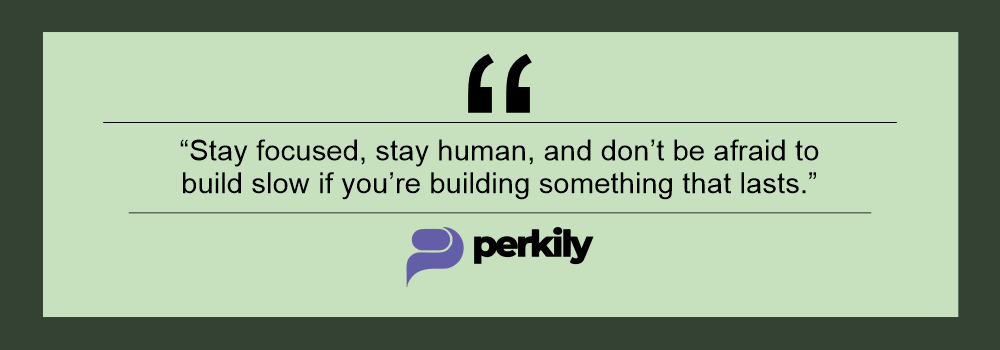
Also Read: Digital Health Trailblazers: Top Visionary Leaders To Watch in 2025

